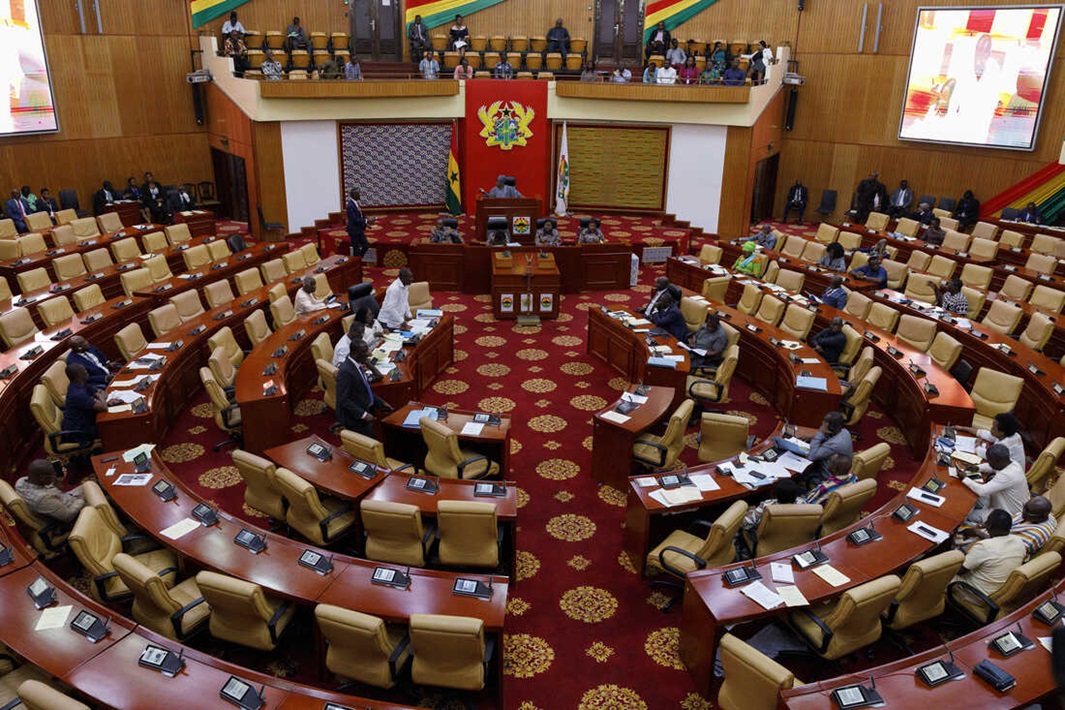By Paschal Norbert
ACCRA, MARCH 5, 2024 (CISA) – Catholic Bishops in Ghana have commended parliament for the unanimous passage of the Human Sexual Rights and Family Value Bill 2021, which prohibits lesbian, gay, bisexual, and transgender (LGBT) activities and criminalizes their promotion, advocacy, and funding in the west African nation, urging the August House not to rest until the bill is signed into law by President Nana Addo Dankwa Akufo-Addo.
On February 28, Ghana’s parliament passed the legislation three years after it was introduced to the floor of the house.
The bill if assented to by President Nana Akufo-Addo will impose a prison sentence of up to five years for the “willful promotion, sponsorship, or support of LGBTQ+ activities,” and a minimum sentence of six months and a maximum of three years in prison for those found culpable to have engaged in same-sex acts.
It has now emerged, according to Catholic Trends that in a private letter addressed to the Speaker of the Parliament of Ghana, Alban Sumana Kingsford Bagbin on February 29, the Catholic Bishops of Ghana extended commendations to the House of Legislation for its commitment to safeguarding the country’s cultural morals.
The letter signed by Rt Rev Matthew Kofi Gyamfi, the president of the Ghana Catholic Bishops Conference (GCBC) averred “We urge you not to rest until the bill is finally signed into Law.”
The bill which is widely supported in Ghana was received with celebration in the country and condemned by activists and international human rights groups is yet to be signed into law by the president who has indicated that he has not received it from parliament.
In light of the passage of the bill last week, Ghana’s finance ministry has urged the president not to sign the bill warning that the country could lose a total of $3.8bn (£3bn) in World Bank funding over the next five to six years.
The March 4 letter, appeals to the president who is mandated by the constitution to assent or refuse to assent to the bill in seven days to wait until the Supreme Court pronounces itself on whether the bill aligns with the laws of the land.

